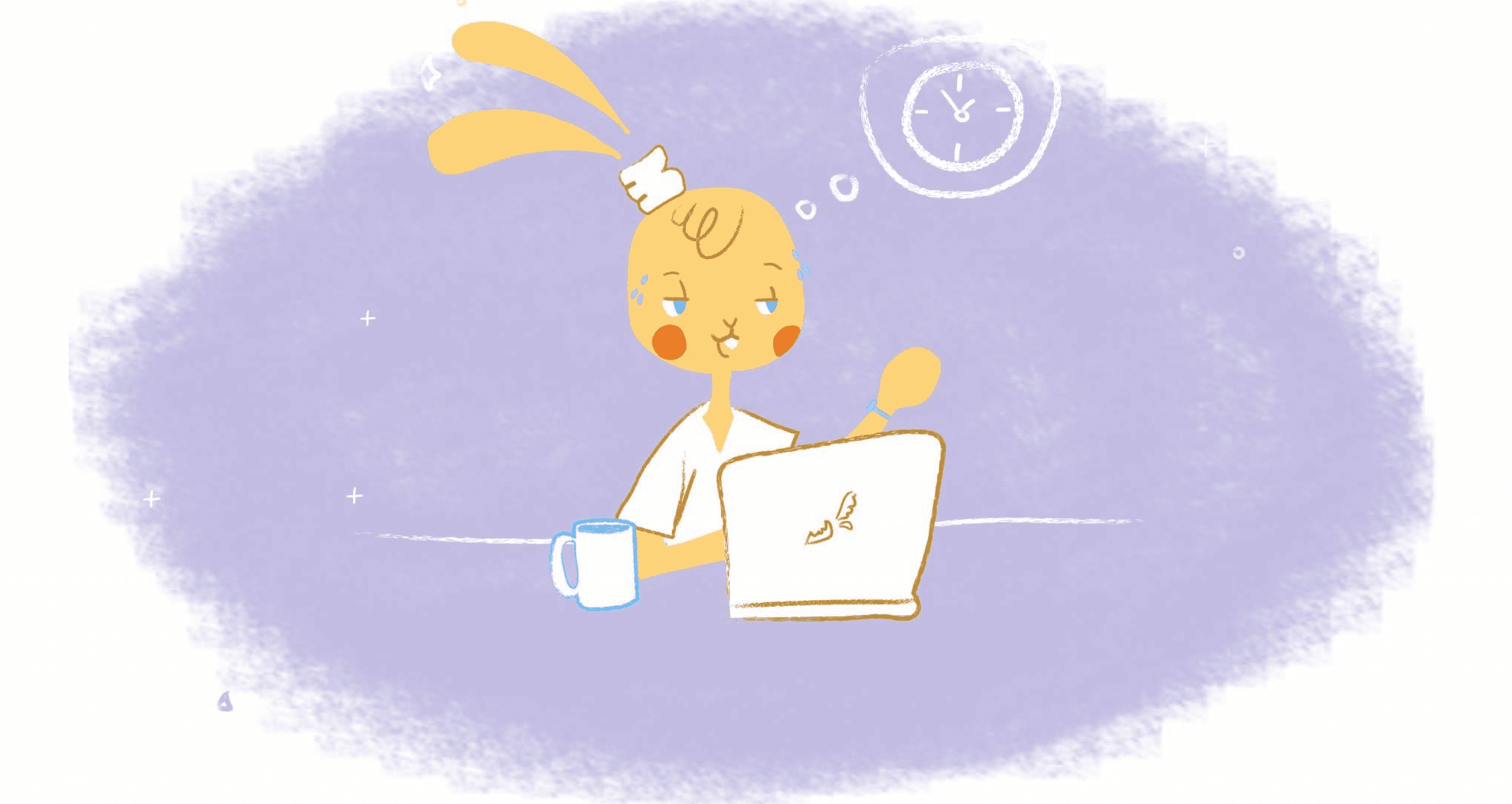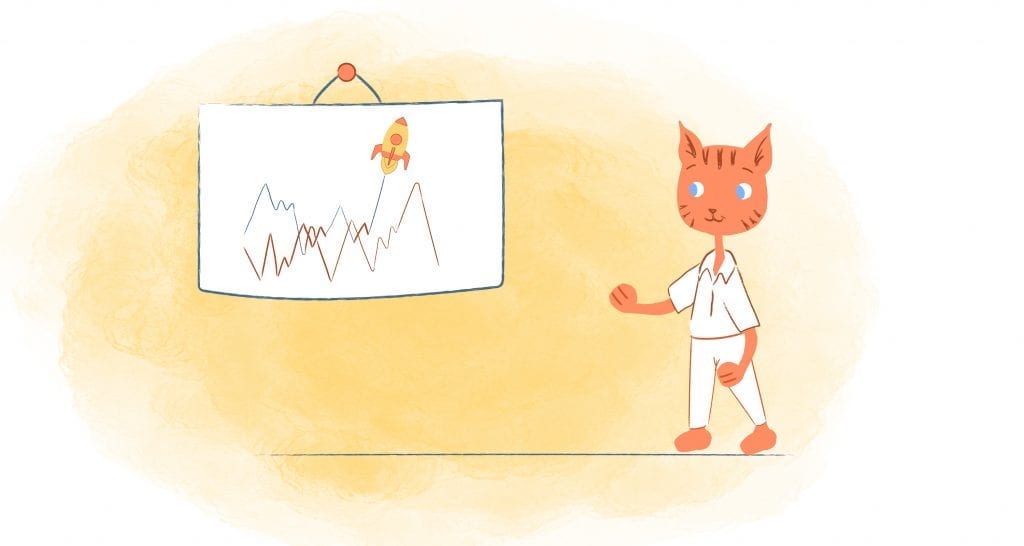
Everyone has attempted to multitask at some point in their life. Maybe it started when you were attempting to watch TV and finish schoolwork in your younger years, or attempting to talk on the phone while finishing up an important report. Multitasking is a way that we try to get more out of the time on our Calendar. Here’s what science says about multitasking.
Multitasking might be your favorite way to forge through your daily tasks. The logic is flawless. Accomplishing two things instead one thing is always better. Or is it? If it takes you twice as long to accomplish the two tasks at once, is it really a good idea? Let’s find out what science has to say about the feasibility of multitasking.
What is multitasking?
Before we discuss whether or not humans can handle multitasking, let’s define the word. Multitasking is attempting to do or more things simultaneously. Unlike segmented amounts of time for a task, such as half an hour interval, multitasking is attempting to complete two or more things at the exact same time. If you are dividing your time between tasks and focusing on one thing at a time, then you are not multitasking. But, there are ways to get more done in a day.
Can humans multitask?
Unfortunately, science seems to agree that humans simply cannot multitask. Although the idea of multitasking sounds amazing, only a very small percentage of the population can actually do it. You might still disagree and believe that you are an effective multitasker. However, the science behind the conclusion that multitasking is inefficient is everywhere. You might be able to multitask but it is costing you productivity.
What Science Says About Multitasking?
The human brain seems to be set up to handle one task at a time. It is impossible to change the way our brains are set up, so it is better to accept reality and avoid multitasking. If you choose to multitask, then you are costing yourself time and efficiency that you cannot get back.
Split attention
Dividing your attention between two separate tasks is almost never a good idea. Best-case scenarios, you have half of your attention on two separate tasks. Worst case scenario, you are unable to focus on either task and take extra time to complete both. Not only does multitasking affect the overall amount of time it takes to complete tasks, but it can also lead to a poor quality product for your efforts.
Time costs
When you attempting to multitask, you are switching back and back between tasks. Multitasking equates to losing time while you switch back and forth. As you continually shift your focus between tasks, you are forced to lose your concentration on one task and transfer it to the next. Incrementally, you can accomplish things by returning your attention to a single task enough times. The time lost in between tasks can add up.
You may be able to save time by focusing on one task, completing, and finally moving on to the next task. If you choose to forgo multitasking, then you will be able to focus on a single task until it is complete. Through this concentrated effort, you will be able to finish one task in a timely manner and then move on to the next task.
Difficulty focusing on a task
As you work through your tasks, you may notice that you have difficulty focusing on a particular task as you continue to jump between tasks. When you break your concentration and switch tasks, it can make it extremely difficult to refocus your attention. Although it is different for everyone, interruptions can cause you to lose your focus and prevent you from completing a task in a timely manner. Figure out how to motivate yourself each day on your big tasks.
One study found that it tasks an average of 25 minutes to fully return to a task after you have interrupted. If you think of the switching between tasks as an interruption, then you may have a better grasp of the lost productivity. The constant interruption from one task to another can cause a break of focus that is difficult to restore.
Are there exceptions?
Yes, according to one study, around two percent of people were able to multitask effectively. These supertaskers are actually able to complete two tasks simultaneously without a decrease in their effectiveness. The other 98% of people were unable to multitask at all. It is fairly likely that you are in the 98 percent of people who cannot multitask. However, a select few are able to perform multitasking with ease. You may believe that you are a “supertasker” but do not allow yourself to be deceived by your own brain. It is very likely that you cannot multitask well.
What about the easy tasks?
Of course, there some easy tasks that you are capable of completing simultaneously like watching TV while folding your laundry or listening to a podcast while cleaning your house. Simple things that do not require too much of your brainpower to complete on their own are usually easy to lump together.
However, any tasks that require focus should be done individually. A good example is texting while driving. Unfortunately, this is a way that many people multitask. Studied have shown that drivers that text cause accidents similar to drunk drivers. Any task that could put your life at risk is not a task that you should attempt to multitask.
Any task that requires focused attention should be done without a competing task. For example, you should avoid completing important work assignments while working on another task. Even if the competing task seems simple, like talking on the phone, it is capable of taking your attention away from the important assignment. It may take you longer to produce a subpar version of the assignment if you continue to multitask.
How to remove multitasking from your Calendar
You should consider removing multitasking from your Calendar. The science is clear: humans cannot multitask effectively. Unless you are a “supertasker” then it is time to quit your multitasking habit. If you’re skeptical that multitasking less will help you to accomplish more, — then just try it for a few weeks. Maybe you are one of the two percent who actually can multitask? However, you might be surprised how much more you are able to accomplish without multitasking compromising your productivity.











Howie Jones
My name is Howie and I'm a Customer Success Manager at Calendar. I like to ensure our customers get the best experience using our product. If you have questions email me howie at calendar.com